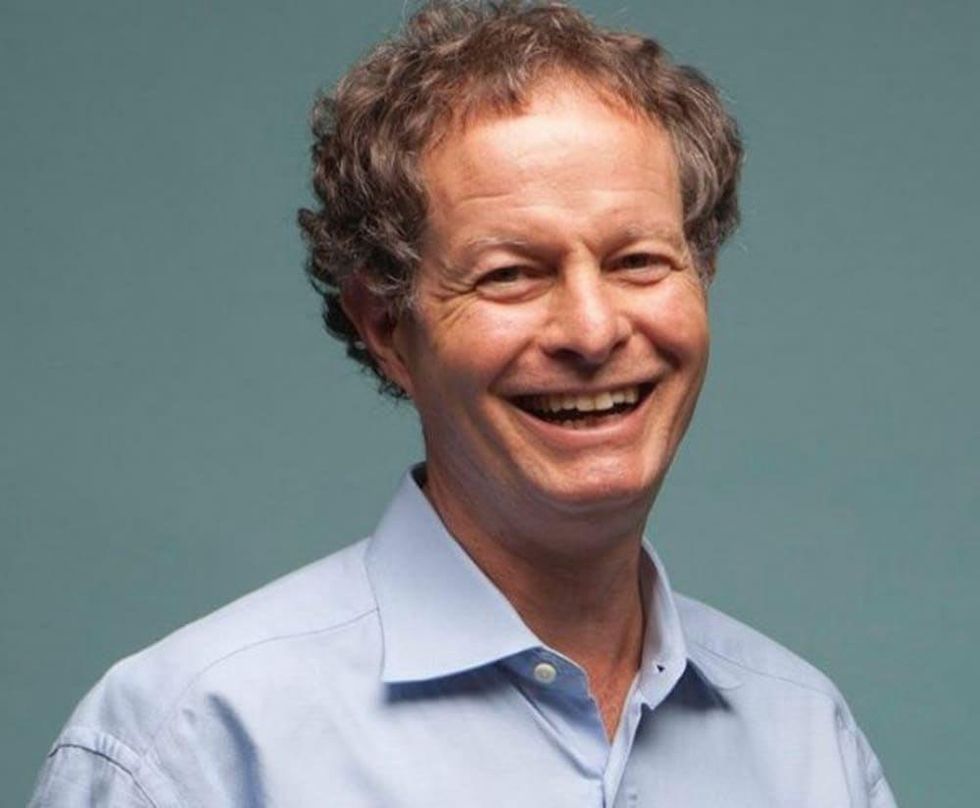The Whole Story
Whole Foods co-founder John Mackey looks for a higher purpose in Conscious Capitalism
In his new book, Conscious Capitalism, Whole Foods co-founder John Mackey extols the virtues of a business acumen that values everyone along the production and consumption line. We caught up with him to discuss conscious capitalism's finer details.
CultureMap: Help us pin down "conscious capitalism" more concretely: Is it a management style? An attitude change? Creed? What's a good way to describe the idea to consumers?
John Mackey: It’s a way of thinking about the higher purpose of a business, the relationship that business has with its key stakeholders and the impact it has on the world. It is a new business narrative explaining that business is inherently good because it creates value, it is ethical because it is based on voluntary exchange, it is noble because it can elevate our existence, and it is heroic because it lifts people out of poverty and creates prosperity.
“Businesses have the power to help evolve humanity upward through continuous improvement,” Mackey says.
CM: Plenty of businesses have done very well by not practicing conscious capitalism. Why change?
JM: These businesses have been competing against other businesses that are also not practicing conscious capitalism. However, our research shows that more conscious businesses tend to out-compete less conscious businesses over the long-term.
Businesses that are only about maximizing profits will not win out in the end. It’s time to revolutionize capitalism and show that businesses are the greatest value creators in the world. Businesses have the power to help evolve humanity upward through continuous improvement.
CM: A lot the companies cited in your book as examples as practitioners of conscious capitalism are Fortune 500 companies like Apple. How can smaller, newer businesses or people looking to break into the market stick to their conscious capitalism guns when they have significantly less money? In other words, how do they negotiate giving up short-term gains for long-term gains when so many young businesses fail?
JM: The fact is there are thousands of smaller businesses embracing conscious capitalism right now. Raj and I highlight well-known companies in the book, but there are so many smaller companies that create positive impacts for customers, employees, suppliers, communities and the environment, resulting in exceptional customer experiences, less turnover, lower overhead costs, higher profits and sustained growth.
It’s a common mindset to believe that if someone wins, someone else must lose, but, in business, this is not the case. Business is not a zero sum game. It is actually the ultimate positive sum game. When businesses operate with purpose beyond profits and create value for all stakeholders, tradeoffs are largely eliminated, performance is elevated and the entire system flourishes.
“Young businesses that adopt conscious capitalism and integrate it at their core will be more successful over the long-term,” he says.
Young businesses that adopt conscious capitalism and integrate it at their core so that all stakeholders benefit will be more successful over the long-term.
CM: Do any distinct examples of conscious capitalism in companies other than Whole Foods immediately come to mind? What are some things other businesses are doing that exhibit the tenets of conscious capitalism?
JM: In the book we highlight lots of companies like Southwest Airlines and The Container Store here in Texas. Nordstrom, UPS, REI, Google and Amazon are well-known brands we cover. POSCO and Tata are two companies based outside of the U.S. that we highlight.
The main thing all of these companies are doing is considering all of their stakeholders in business decisions. These stakeholders include the community and the environment, and societal alignment is an intrinsic part of a conscious company’s philosophy and operating model.
That’s what’s different. It’s not like more traditional businesses that are focused primarily on profit maximization that think about societal impact after the fact and add on a corporate social responsibility program to fight off criticism or make up for neglecting communities and the environment.
CM: What's next for Whole Foods?
JM: Our higher purpose is constantly evolving by tapping into our heightened level of consciousness for the good of Whole Foods Market, our stakeholders and for society as a whole. Right now, we are focusing on keeping all of our stakeholders happy by practicing conscious capitalism and helping spread this way of doing business to companies around the world.
We are also focusing on contributing being solution to improving the health of Americans by providing education and healthy foods. We are working on improving agricultural systems to make them more sustainable and humane, yet more efficient. And, we are helping end poverty on planet Earth through micro-loans to women in developing countries.


